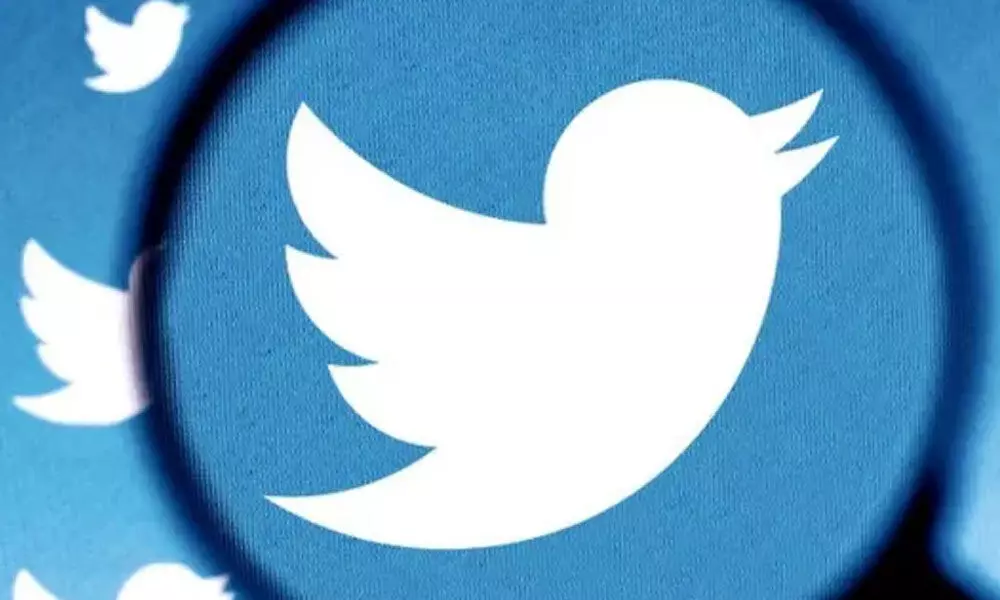Live
- Top 5 Plumbing Tips for Better Water Conservation
- Four students hurt in clash over ragging in Bhagalpur Engineering College
- Search operation continues to locate railway officer swept away in Arunachal river
- Is Telangana's Air Quality Worse Than Delhi's? TPCB Shares Real-Time AQI Data and Improvement Plans
- National Milk Day 2024: Celebrating India's Dairy Revolution and Legacy of Dr Verghese Kurien
- CERT-In Issues High-Risk Warning for Android Users: Update Devices to Stay Safe
- A huge increase of Rs. 500 stolen notes | 317 percent jump in five years | How do you identify fake notes?
- BGT 2024-25: Gautam Gambhir to miss tour game due to personal reasons
- Indian telecom tower firms to spend Rs 21,000 crore in FY 2025, 2026 to boost rural networks
- India’s PC market reaches all-time high at 4.49 million units in July-Sep









